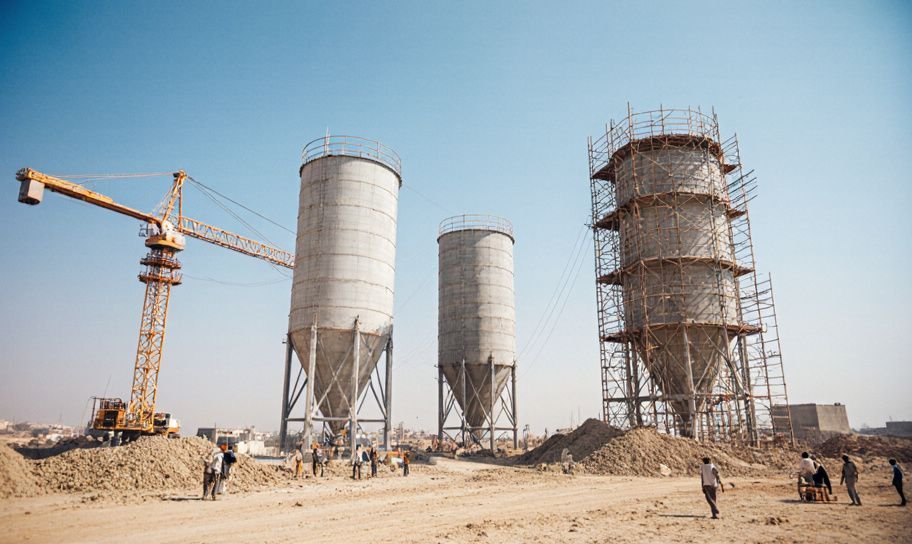
Here's the scoop on the recent court decision involving the Rajasthan State Co-op Oil Seed Growers Federation Ltd. and B.G. Shirke Construction Technology Pvt. Ltd. This case revolves around a disagreement over payment for construction projects in Rajasthan.
Back in the late '80s, the Rajasthan Federation wanted to set up mustard seed storage units in three locations. They hired NHEC as the project manager, who then hired Shirke to do the actual construction work. The work was completed, but when Shirke asked for payment, things got complicated.
"On April 4, 1994, Shirke made a claim for a sum of Rs. ~4.83 lakh."
NHEC suggested that the disagreement should go to arbitration, and the court agreed. A group of arbitrators was set up, and in 2003, they decided that both the Rajasthan Federation and NHEC owed Shirke the money.
"On June 2, 2003, an arbitral award was passed awarding Rs. ~4.83 lakh coupled with interest."
The Federation wasn't happy. They argued that they had no direct contract with Shirke and shouldn't have to pay. They took the matter to the District Court, which supported the arbitrators' decision but ruled that NHEC was just a middleman and not responsible for paying.
"On July 18, 2013, the District Court, Pune upheld the Arbitral Award but also ruled that NHEC was merely an agent."
Judge Somasekhar Sundaresan reviewed the case. He concluded that the Federation was indeed part of the contract, even if they didn’t sign it directly. The court found that the Federation had been involved in the project and arbitration process, making them responsible for the payment.
"Tilam Sangh is a veritable party to the Agreement. Therefore, the Arbitral Award is not without jurisdiction over Tilam Sangh."
This case highlights the complexities of contract law and arbitration, especially when multiple parties and agreements are involved. It's a reminder of the importance of understanding contractual obligations and the potential implications of arbitration clauses.